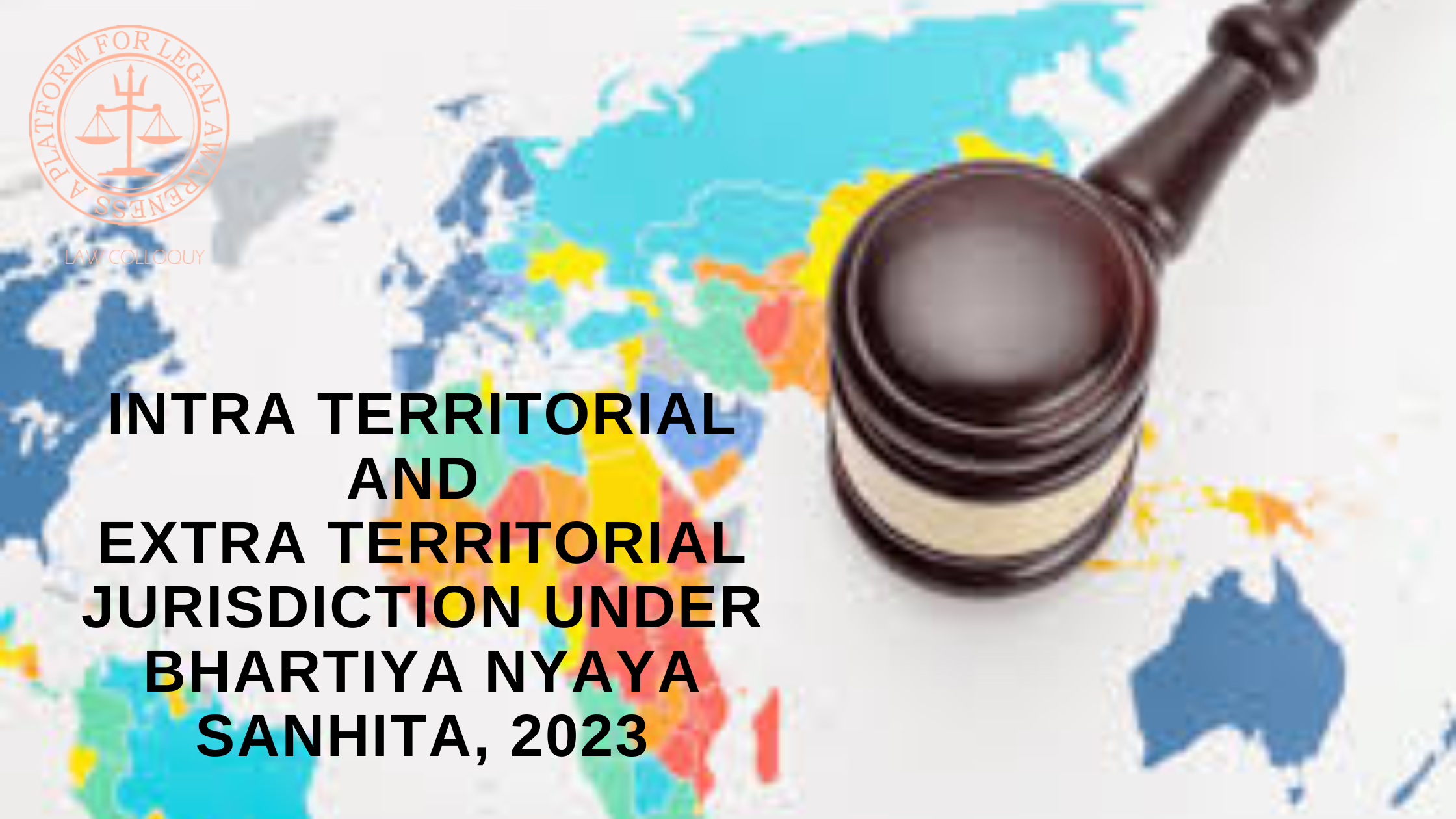Probation of Offenders Act 1958: An Overview
An accused person should be given a chance of reformation that he would lose if he is incarcerated in prison and associates with hardened criminals.
Difference between Dishonestly & Fraudulently in the Indian Penal Code, 1860
Dishonestly & Fraudulently are usually confused as synonyms, although they have different meanings and uses in criminal law. The main factor in discriminating them is the level of punishment. Dishonestly is non-cognizable, whereas fraudulently is a cognizable offence.
Difference between Kidnapping and Abduction
The word “kidnapping” has been derived from the word ‘kid’ meaning child and ‘napping’ to steal. Thus the word literally means “child stealing”. However, under the Indian Penal Code it is not confined to child stealing. It has been given broader implication, i.e., carrying away of a human being against his/her consent, or the person accused removes the person from his/her lawful guardianship.
Differences between “May Presume” “Shall Presume” And “ Conclusive Proof
As per the dictionary, the meaning presumption is ‘an idea that is taken to be true on the basis of probability’ or ‘the act of believing that something is true without having any proof’.
Distinction between ‘Wrongful restraint’ and ‘Wrongful confinement’
The term ‘Wrongful restraint’ denotes a willful obstruction of any individual in order to keep that individual from continuing toward any path in which that individual has a privilege to continue.
Theories of Punishment
With the change in the social structure, society has witnessed various punishment theories and the radical changes that they have undergone from the traditional to the modern level and the crucial problems relating to them.
General Exception Under Indian Penal Code 1860
When a person proved with the commission of an offence, and ought to have been punished by law, if he is exempted from such legal punishment under special conditions stipulated in the law, it is known as General Exception. General exceptions have been explained under Sections 76 to 106 of IPC.
Difference between Detention, Arrest and Custody
There are certain terms in the Criminal justice system which are ambiguous in nature.
Common Intention and Common Object
Criminal liability has been defined by lexicon dictionary as something wherein there are accountability and responsibility to another by the ways of legal criminal sanction.
Stages of Crime
If a person commits crime voluntarily or after premeditation it involves certain stages. There are four stages in the commission of crime.
Intra Territorial and Extra Territorial Jurisdiction Under Bhartiya Nyaya Sanhita, 2023
Jurisdiction is an aspect of state sovereignty and it refers to judicial, legislative and administrative competence. Jurisdiction may be defined as power or authority of a court to hear and determine a case, to adjudicate and exercise any judicial power in relation to it by taking cognizance of matters presented before the court. There are two kinds of jurisdiction of courts.





